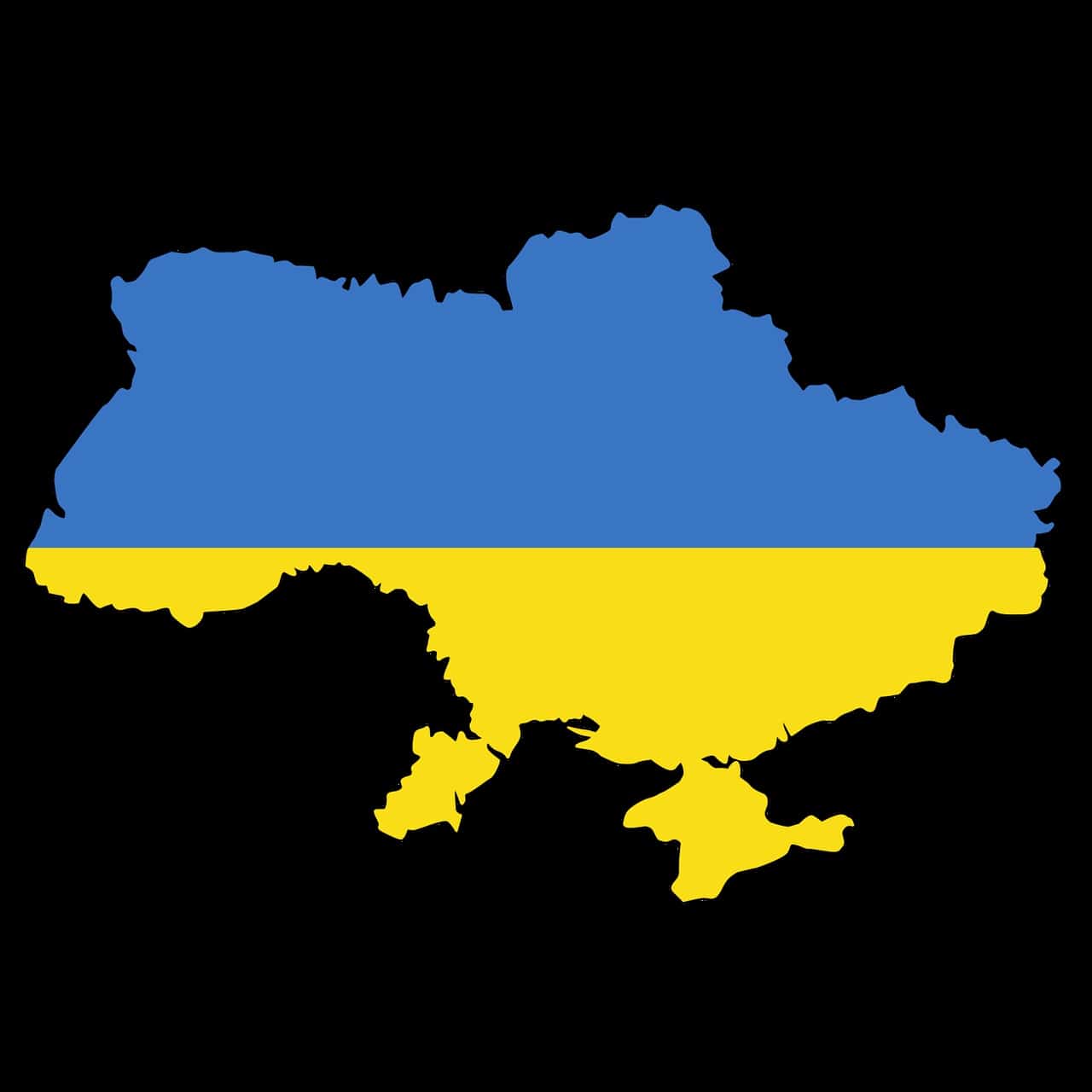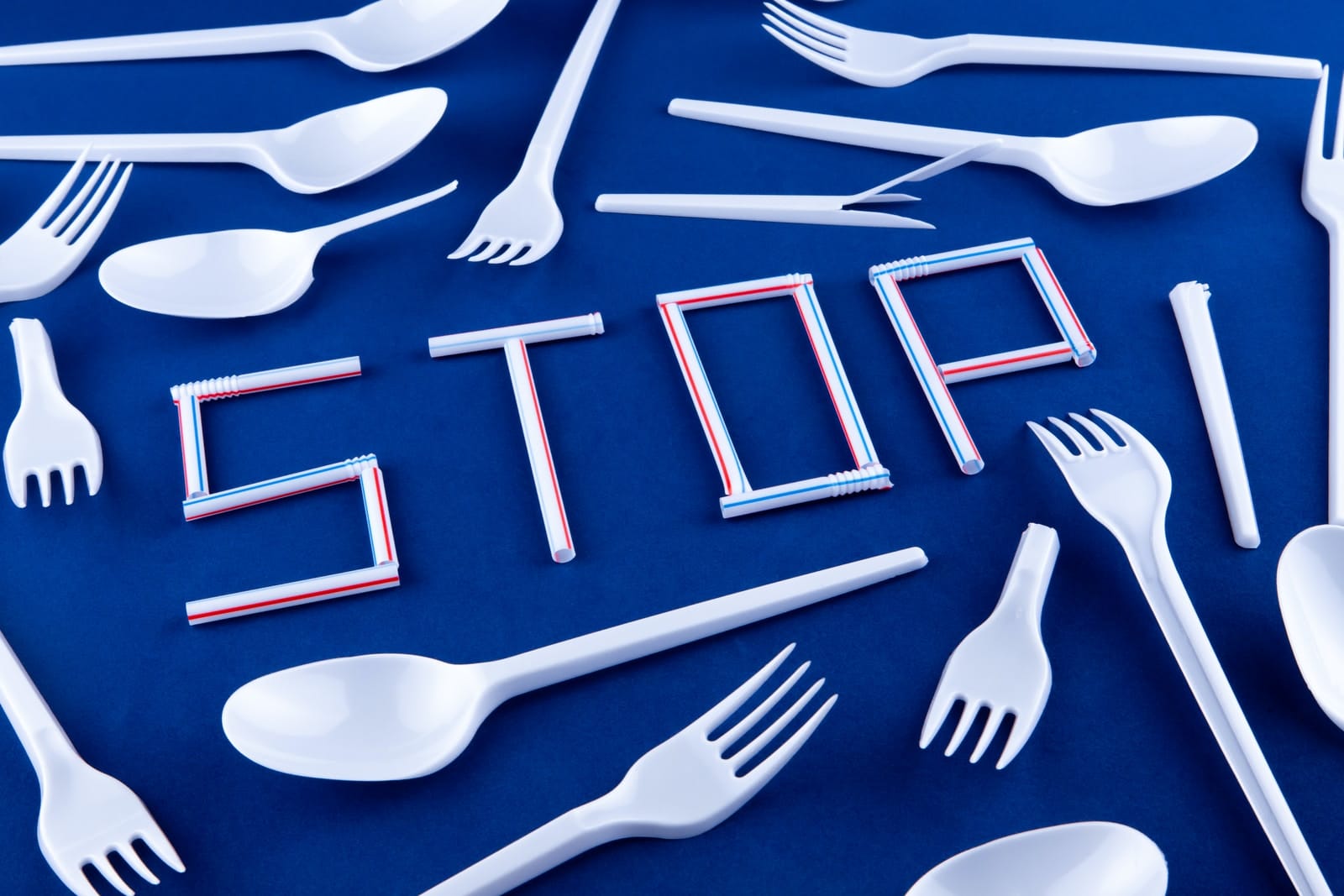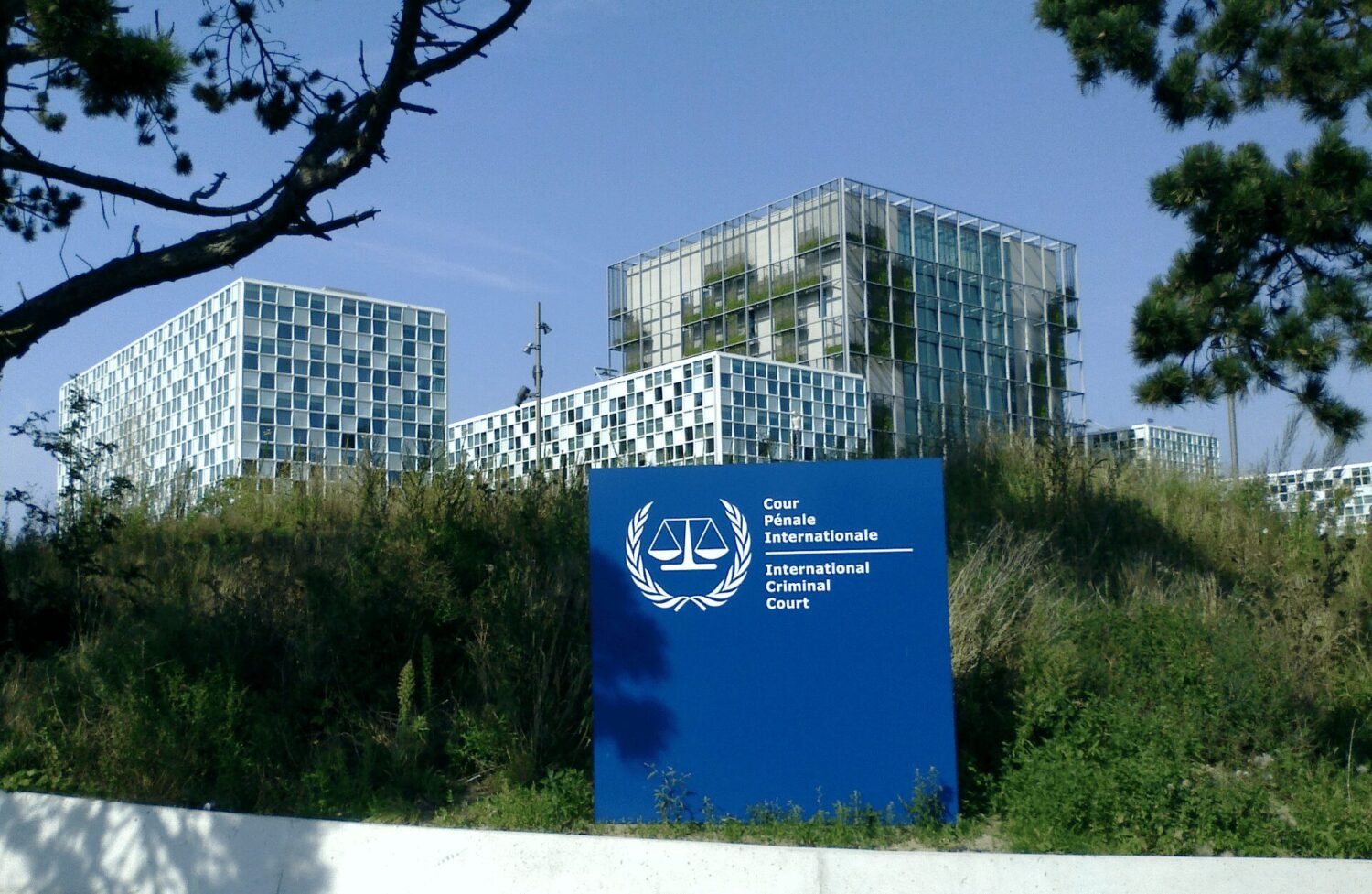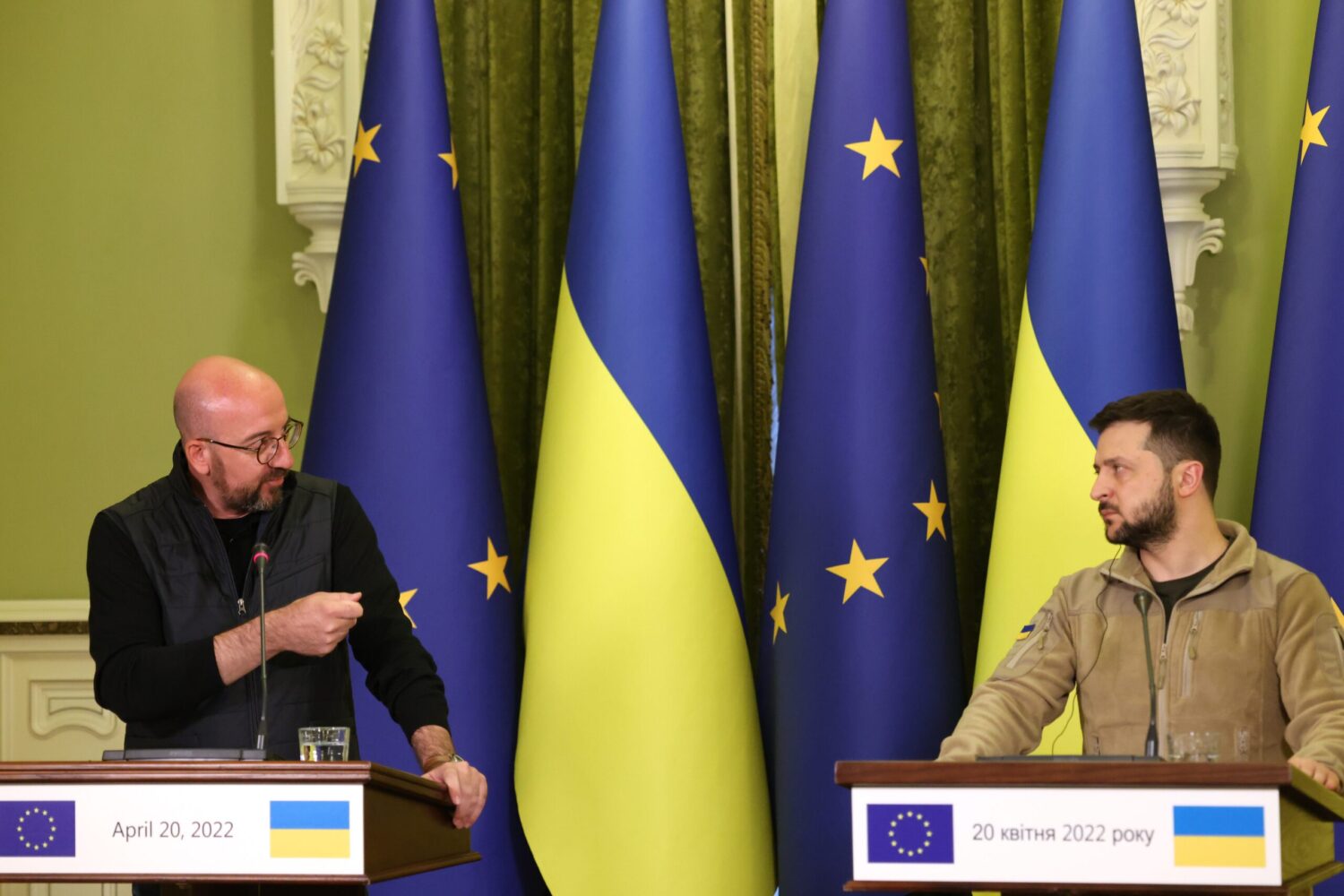How much would you pay to own a piece of history?
Starting today at the Park Avenue Armory, the New York International Antiquarian Book Fair is once again in person after a two-year pandemic pause. Now in its 62nd year, the fair will present a trove of treasures from almost 200 exhibitors through Sunday. For a general admission of $30, you can browse and behold beautiful objets d’art, from rare books and maps to illuminated manuscripts and historical documents.
Unusual artifacts — such as a fragment of the costume worn by actress Laura Keene that has President Abraham Lincoln’s blood on it from the night he was shot at Ford’s Theatre — are also up for sale.
But to do more than look costs much much more. Below, The Post looks at the five priciest pieces up for auction.
The Thackrey Library — $2 million
The Thackrey Library is touted as “the greatest collection of wine books and manuscripts in private hands in the United States,” according to Ben Kinmont Bookseller.
It includes seminal works about the libation and how grapes were grown from the 15th century to the late 19th century, and offers a “remarkably complete picture of the culture of wine in Western civilization.”
The extensive collection also includes three early editions from the 1500s of Arnaldus de Villa Nova’s “De vinis,” which Ben Kinmont Bookseller noted were “widely considered to be the first printed book on making wine.”
The Manhattan Project documents — $1.5 million
During World War II, the United States commissioned the top-secret Manhattan Project to research, develop and test nuclear bombs. On July 16, 1945 at 5:30 a.m., the first bomb was detonated at what was called the Trinity site in New Mexico.
Over 300 drawings, maps and other documents from the Manhattan Project Medical Group are up for auction for $1.5 million. One sketch depicts a “mushroom cloud,” according to Boston Rare Maps and Barry Lawrence Ruderman Antique Maps.
Charlotte Brontë miniature book — $1.25 million
English novelist and poet Charlotte Brontë (1816-1855) was the eldest of three sisters whose works are an important part of literature’s cannon. Brontë wrote “Jane Eyre,” which was published in 1847. The classic has been made into movie many times.
An unpublished manuscript of Brontë, who wrote it when she was 13, was recently rediscovered. Titled “A Book of Ryhmes by Charlotte Brontë, Sold by Nobody, and Printed by Herself” is dated December 1829 and “smaller than a playing card,” according to James Cummins Bookseller and Maggs Bros.
The miniature book is for sale for $1.25 million, which, if sold, may be the highest ever fetched for a female author’s work, according to BBC News.
Gandhi fingerprint — $850,000
Mahatma Gandhi (1869-1948) led the nonviolent movement for India’s independence from British rule. In 1893, 23-year-old Gandhi moved to South Africa to practice law. The discrimination he experienced there “inspired him to found the Natal Indian Congress which opposed several proposed discriminatory legislations,” according to Raptis Rare Books.
The bookseller is offering a South African government document that contains Gandhi’s fingerprints and includes the inscription: “This is what I gave voluntarily at the risk of my life to keep my promise to the Government. Phoenix, Natal, 15th February 1909, M.K. Gandhi.”
The Great Gatsby — $358,000
“For Christ’s sake don’t give anyone that jacket you’re saving for me. I’ve written it into the book,” author F. Scott Fitzgerald (1896-1940) wrote his publisher in 1924.
The classic cover was created by Francis Cugat (1893-1981) and influenced him while writing, according to Peter Harrington Rare Books, which is offering a first edition at the fair.
“The Great Gatsby” and Fitzgerald’s work came to define the jazz age of the 1920s.














